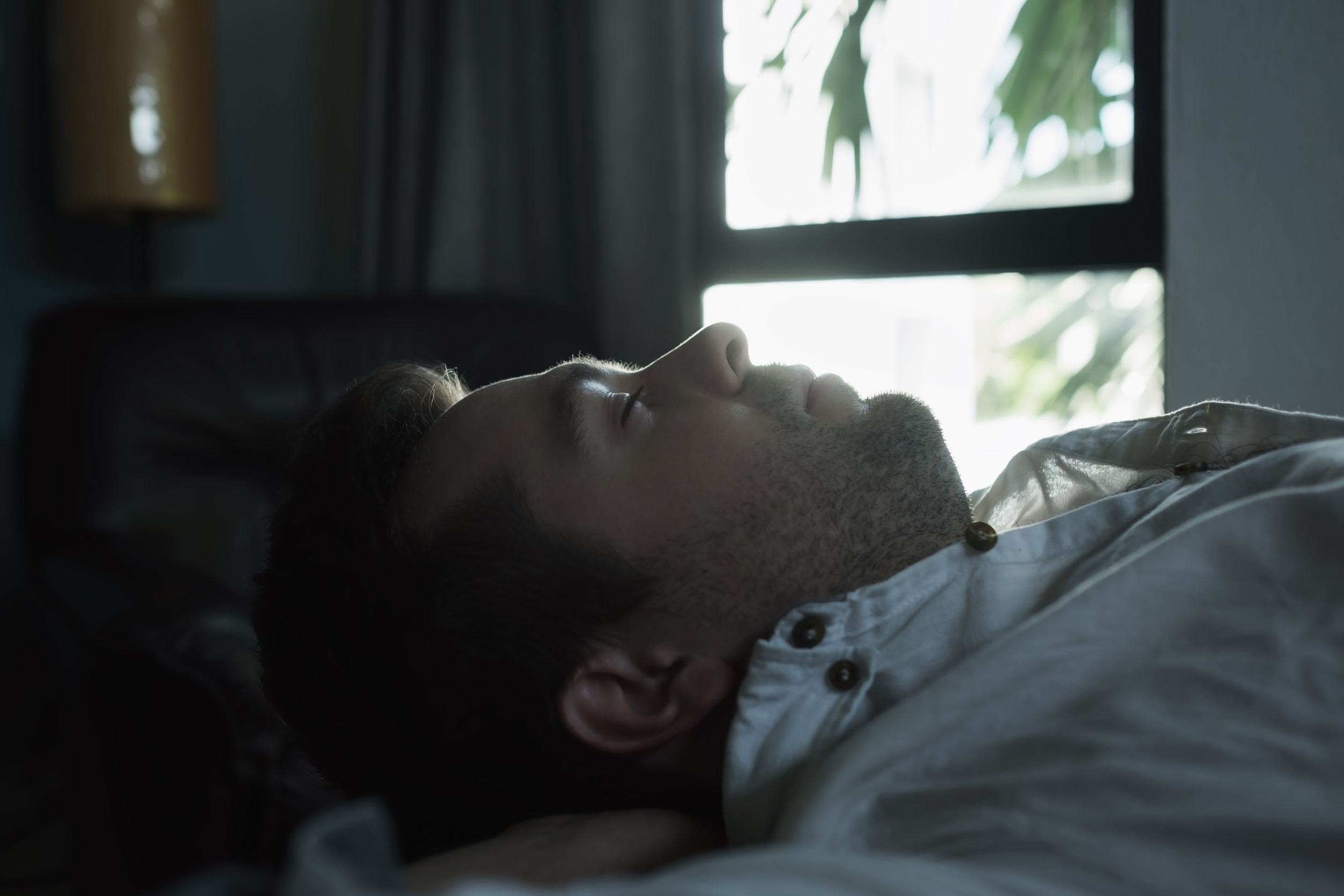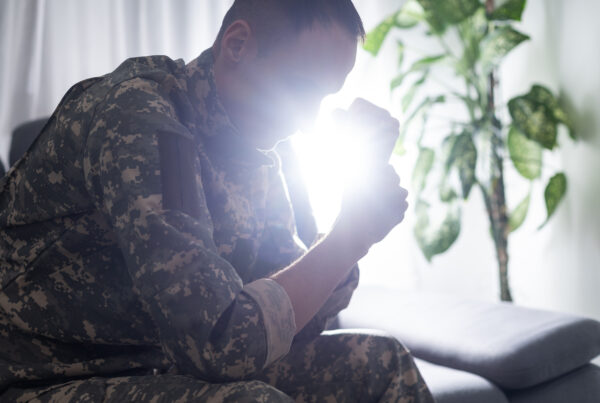”Question: Why is Better Sleep Month important for military communities?
Reading time: 6 Minutes
MWi Hack:
- Poor sleep in the military community creates a ripple effect that impacts not just service members and Veterans, but also impacts the health and well-being of their spouses, caregivers, children, and entire support networks—making Better Sleep Month a critical time to address these interconnected challenges through education, professional resources, and community-wide sleep health initiatives.
MWi Summary:
-
- Military sleep challenges are unique: Service members and Veterans face sleep disruption from irregular schedules, combat trauma, PTSD, and hypervigilance that persists after service.
- Family ripple effects: When a service member or Veteran struggles with sleep, it impacts the entire household—spouses lose sleep from partners’ nightmares, children experience disruption during deployments and moves.
- Caregiver burden: Military caregivers sacrifice their own sleep to provide around-the-clock care for Veterans with disabilities, creating cycles of sleep deprivation and compassion fatigue.
- Community solutions needed: Better Sleep Month offers opportunities for military organizations to provide sleep education, professional resources like VA sleep clinics, and peer support programs.
- Collective approach required: Addressing military sleep health requires family-wide strategies, community support, and recognition that quality sleep is essential for military readiness and long-term well-being.
Every May, Better Sleep Month serves as a vital reminder of the importance of quality rest for overall health and well-being. For the military and Veteran community, along with their families, caregivers, and support networks, this observance carries particular significance. The unique challenges faced by service members, Veterans, and their loved ones make sleep both more difficult to achieve and more essential for maintaining physical and mental health.
The Military Sleep Challenge
Military service presents numerous obstacles to healthy sleep patterns. Irregular schedules, shift work, deployments, and high-stress environments create a perfect storm of sleep disruption. Service members often operate on minimal rest during training exercises and combat situations, developing habits that can persist long after their military service ends. The hypervigilance required in military environments can make it difficult to “turn off” even in safe, civilian settings.
Combat exposure adds another layer of complexity. Many Veterans struggle with sleep disturbances related to post-traumatic stress disorder (PTSD), experiencing nightmares, night sweats, and hyperarousal that fragments their rest. The transition from military to civilian life often exacerbates these issues, as Veterans adjust to new routines while processing their service experiences.
The Ripple Effect on Military Families
Sleep challenges don’t exist in isolation within military families. When a service member or Veteran struggles with sleep, the effects ripple throughout the household. Spouses may experience interrupted sleep due to their partner’s nightmares or restless nights. Children in military families often face their own sleep disruptions during deployments, reunions, and frequent relocations that accompany military life.
Military spouses carry unique burdens that impact their sleep quality. During deployments, they often become single parents managing all household responsibilities while worrying about their partner’s safety. The stress of frequent moves, career disruptions, and social isolation can create anxiety that interferes with restorative sleep. Even after deployments end, readjustment periods can be challenging as families work to reestablish routines and reconnect.
Caregivers and the Sleep Burden
Family members and friends who serve as caregivers for Veterans with service-connected disabilities face their own sleep challenges. Caring for someone with PTSD, traumatic brain injury, or physical disabilities often requires around-the-clock vigilance. Caregivers may wake frequently to check on their loved one, assist with medications, or provide comfort during difficult nights.
The emotional toll of caregiving can also manifest in sleep problems. Chronic stress, worry, and compassion fatigue contribute to insomnia and poor sleep quality among military caregivers. Many sacrifice their own sleep needs to ensure their Veteran receives proper care, creating a cycle where both caregiver and care recipient suffer from sleep deprivation.
Breaking the Cycle
Better Sleep Month offers an opportunity for the military community to prioritize sleep health collectively. Education about sleep hygiene becomes crucial for service members, Veterans, and their families. Simple strategies like maintaining consistent bedtimes, creating restful environments, and limiting screen time before bed can yield significant improvements.
For those dealing with trauma-related sleep disturbances, professional help is essential. The Department of Veterans Affairs offers specialized sleep clinics and PTSD treatment programs that address sleep issues. Cognitive Behavioral Therapy for Insomnia (CBT-I) has shown particular promise for Veterans struggling with sleep disorders.
Family-wide approaches to better sleep can strengthen military households. Establishing evening routines that promote relaxation, ensuring children have consistent bedtimes despite military schedules, and creating communication strategies for discussing sleep concerns can benefit everyone.
Community Support and Resources
The military community’s strength lies in its interconnectedness. During Better Sleep Month, military support organizations, family readiness groups, and Veteran service organizations can play vital roles in promoting sleep health awareness. Workshops on sleep hygiene, stress management, and family wellness can provide practical tools for improving rest quality.
Peer support programs can be particularly effective, as military families often find comfort in connecting with others who understand their unique challenges. Sharing strategies that have worked, discussing common struggles, and normalizing conversations about sleep health can reduce stigma and encourage help-seeking behavior.
A Call to Action
Better Sleep Month reminds us that quality sleep isn’t a luxury—it’s a fundamental component of health and readiness. For the military community, prioritizing sleep health means stronger service members, healthier families, and more resilient communities. By acknowledging the unique sleep challenges faced by those who serve and their loved ones, and by working together to address these issues, we honor their service while promoting their long-term well-being.
The path to better sleep requires commitment, resources, and community support. This Better Sleep Month, let’s ensure that those who have given so much in service to our country receive the rest they need and deserve.
Through our responsive content and dedicated support, MWi continues to serve the modern military and Veteran community by providing relevant, practical strategies for enhancing connection and wellness. Click below to see more articles:






